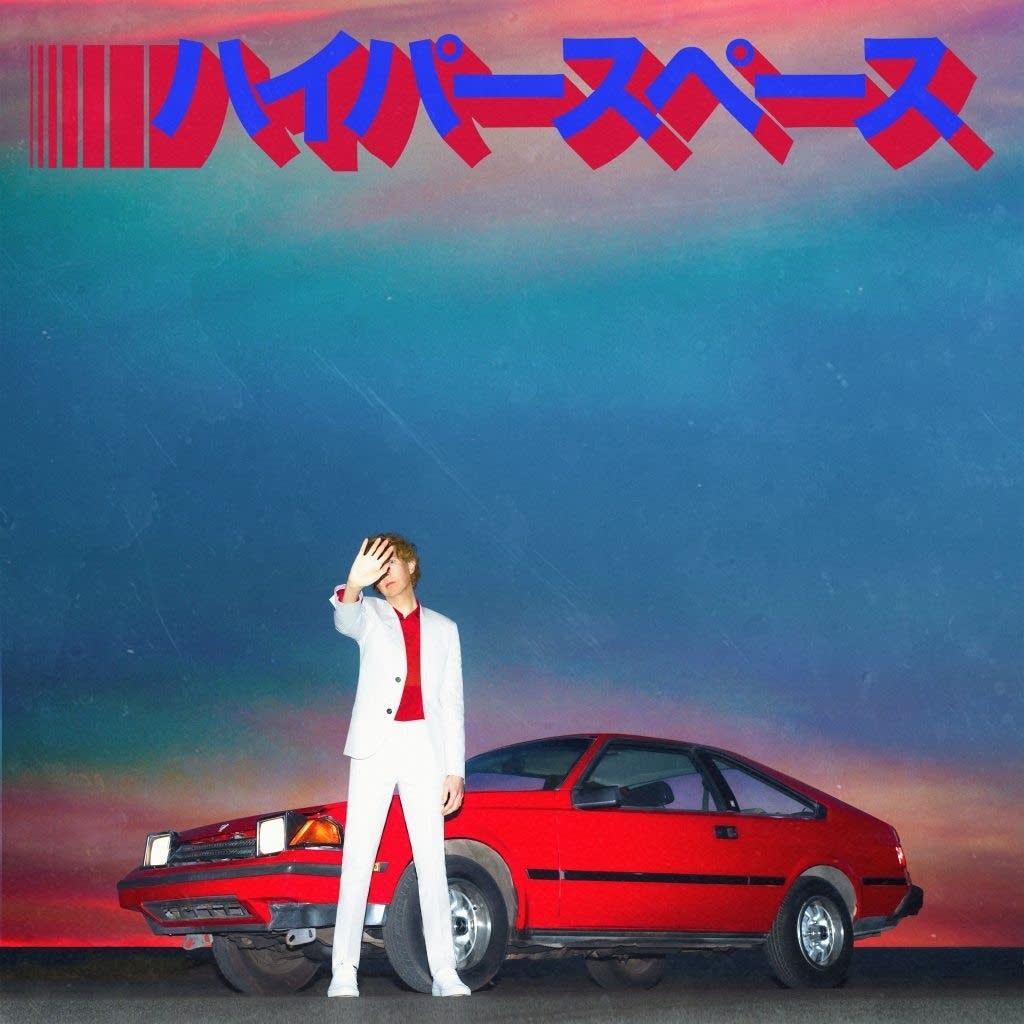

Pitchfork writer Sam Sodomsky agreed with this sentiment, writing "It's been a long time since he successfully integrated his personality and his music". This detachment of Beck's personal experiences from his music was intentional, with Beck stating he believes detachment leads to better music. Critics expected to see this reflected in the album, though many noted upon release that Hyperspace lacked the somber tone of Sea Change, another album Beck released after a breakup. In February 2019, during the recording on Hyperspace, Beck filed for divorce from Marissa Ribisi, his wife of 15 years, an experience he described as "heartbreaking". Only once they were in the studio did the idea of a full-length album occur, Beck revealing that their collaboration was initially "going to be a single or an EP, but I think we were both surprised when there was a body of work here". Īfter concluding the tour for Colors in September 2018, Beck "wanted to seize the moment" to collaborate with Pharrell Williams, something he had wanted to do since 2012. Critics say Hyperspace in collaboration with Pharrell Williams is no different, incorporating minimalist electronic and pop elements, taking his sound to a "gently psychedelic landscape". Stylistically, Beck has been known for blending a wide range of genres. His 1996 album Odelay established Beck in the industry, winning a Grammy and reaching 16 in the US billboard charts.

The accompanying album Mellow Gold is still described as "a quintessential piece of alternate rock". Background īeck broke into the mainstream in the early 1990s with an experimental and indie sound on his single "Loser". Hyperspace received two nominations at the 2020 Grammy Awards for Best Alternative Music Album and Best Engineered Album, Non-Classical. Hyperspace received generally positive reviews from critics, though some commented that the album is occasionally superficial and lacked the complexity of Beck's previous projects. Exploration in collaboration with NASA JPL, featuring artificial intelligence generated space imagery and two new songs. In August 2020 Beck released an accompanying visual album titled Hyperspace: A.I.
#Hyperspace album series#
Following its release Beck did a series of interviews, mainly focussed on the album itself, Pharrell's contribution to the record, and Beck's creative process. įour singles were released prior to the release of the Hyperspace. Guest vocalists for the album include Chris Martin, Sky Ferreira, Pharrell Williams, Terrell Hines, Alex Lilly and Roger Joseph Manning Jr. Thematically, Hyperspace explores heartbreak, sincerity, solitude and Beck's relation to them. The album art reflects this style, featuring Beck in front of a A60 Toyota Celica, with the album's title in blocky Japanese script. Music journalists describe the album as synth-pop and vaporwave aesthetic-inspired, though Beck draws from several genres. Recording for the album started in late 2018. The album is a collaborative project with high-profile producer Pharrell Williams, who is credited for production and features on several songs.

It followed Beck's divorce from his wife Marissa Ribisi in February 2019. It was released through Capitol Records on November 22, 2019. It’s just about enough to keep you browsing, but never enough to inspire.Hyperspace is the fourteenth studio album by American musician Beck. The whole album, with its dabbling through styles (See Through proves only that Beck isn’t convincing doing stripped-back R&B) makes it sound like walking through a mid-market clothes shop on a Saturday afternoon. The moments of loveliness, such as Stratosphere and Die Waiting, co-written with Cole MGN and Kossisko Konan, are great, but hardly enough to lift Hyperspace into another dimension. It’s more that it feels as though neither of them stretched themselves.
#Hyperspace album how to#
It’s not that Hyperspace is ever truly disappointing: Williams and Beck know how to make records sound pretty great, and the songwriting is never poor. Listening to Saw Lightning, though, with its slide guitar, martial drums, an assortment of whoops, ping-ponging electronics and the sound of the kitchen sink being lightly strummed, you’re inclined to ask: “You sure about that?” So what does Williams bring to the party? Beck said Williams encouraged him to take a more singer-songwriterly approach, and made the production more minimal. It is little surprise to find that Chris Martin sings backup, given it floats somewhere between early-70s Pink Floyd and Coldplay, all spacily non-specific lyrics (bar a specific line about injecting) about a friend who overdosed, consumed by yearning melancholy. Produced by Beck, it sounds utterly unconcerned with anything other than being big and beautiful. The irony is that Stratosphere, the best song on Hyperspace, has nothing to do with Williams.


 0 kommentar(er)
0 kommentar(er)
